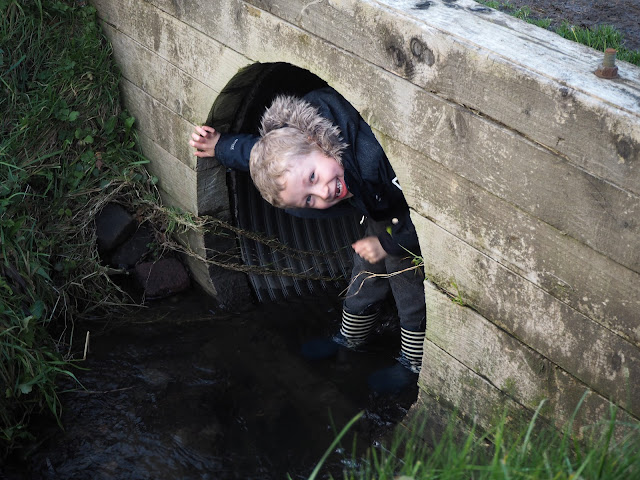AD - This is a PR collaboration.
Curriculums – they change, they’re confusing and they’re really very important to your child’s future. Curriculums in the UK are standardised and known as The National Curriculum. The National Curriculum is broken up into 4 ‘key stages’ and children complete each key stage as they advance through their school years. Reception is not included in the key stages.
Key Stage 1
Key Stage 1 is taught to pupils aged between 5 and 7. This is when they are in years 1 and 2. When Year 2 is completed, all children sit their SATs (Standardised Assessment Tasks) which all children undertake nationally. These tests are designed to assess the academic ability of the child in the key subjects of maths and English. Only maths are English are tested. Parents receive copies of teacher assessments which are separate from the tests – parents can ask for the results of the test if they are interested. SATs are not like traditional examinations in that there is no ‘pass’ or ‘fail’.
Key Stage 2
This is taught to children aged between 7 and 11 during years 3 to 6. At the completion of Year 6, all children take their SATs, and a lot of their final year at primary school is focused on underpinning previous years of education. Key Stage 2 SATs were redesigned in 2016 and became more challenging. These tests assess reading, maths, spelling, punctuation, and grammar. These tests are taken in May with results being available in July.
Key Stage 3
When children progress to secondary school, they begin with KS3, during Years 7 to 9 when they are 11 to 14 years of age. Key Stage 3’s curriculum covers core statutory subjects including religious education and sex education. There are no SATs at the completion of Key Stage 3 but rather formal teacher assessments.
Key Stage 4
Key Stage 4 is studied by children aged between 14 and 16 through years 10 to 11. The assessment for Key Stage 4 involves GCSEs and it’s only once this stage is completed that children can finally move on to study A Levels.
After Key Stage 4
A-Levels are not compulsory but children must continue to study in some way until they are 18. Whether that is via an apprenticeship or a traineeship or volunteering is up to the child. Some students opt for a combination of education and training whilst others choose to focus completely on education.
Talk with your child’s teachers
If you have any doubts or concerns about the way your child’s curriculum works, always raise them with teachers. This senior school in Surrey ensures all parents have plenty of opportunities to discuss curriculum concerns with the relevant staff and this is one of the best ways to help parents help their children. Your child’s experience can be greatly improved if you understand their goals and any difficulties they may encounter along the way.


